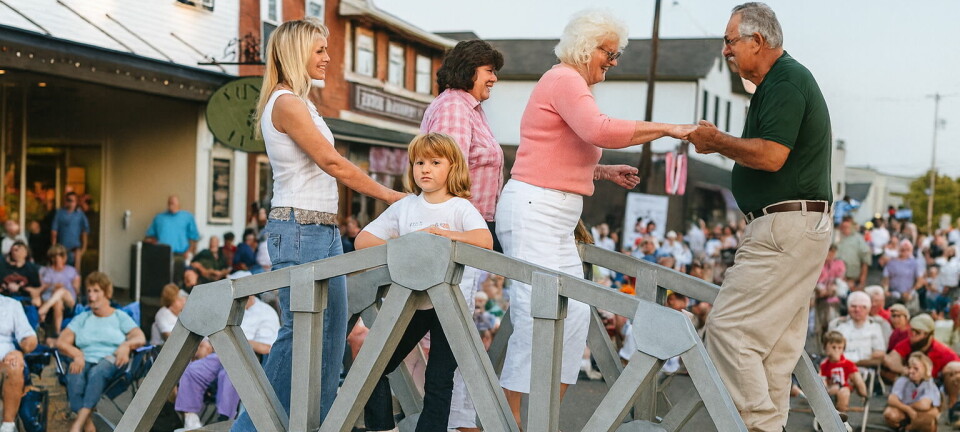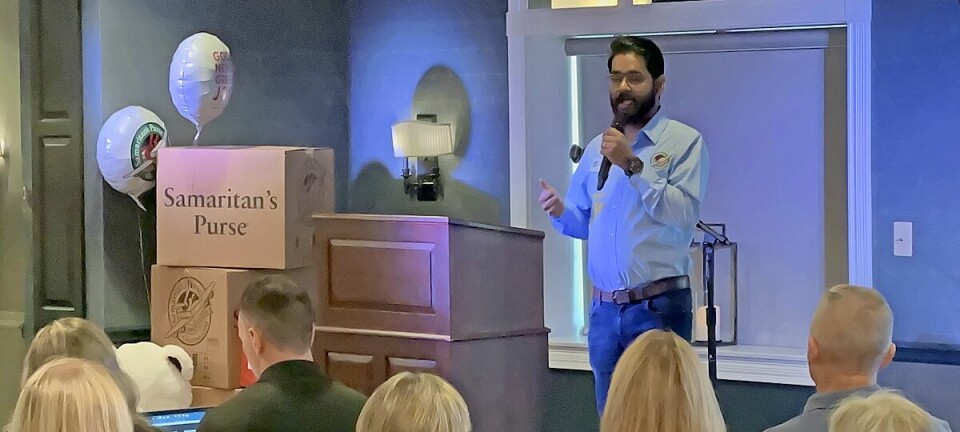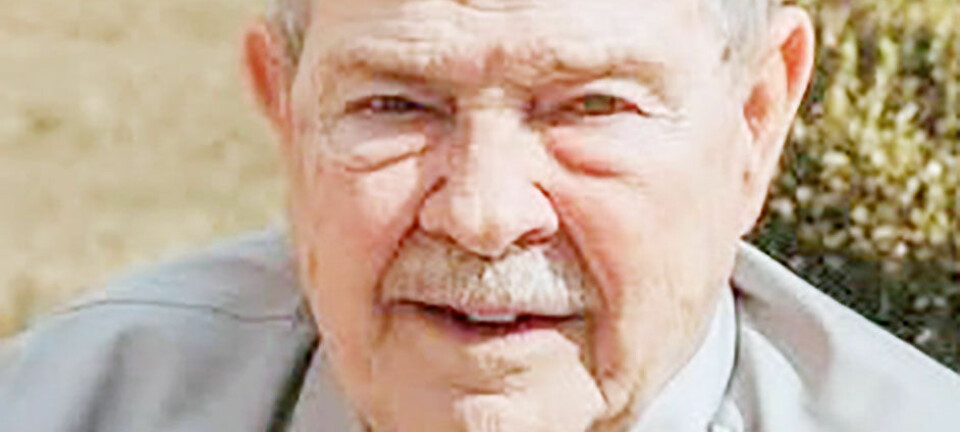WWI soldiers describe experiences on the battlefield

Editor’s note: This Looking Back by area historian Mike Franks is the second in a two-part series on World War I servicemen from the area and the correspondence they had with other locals.
World War I lasted over four years and involved 11 countries and 70 million military personnel. The United States came into the war late, declaring war on Germany on April 6, 1917.
Stateside, once the United States was in battle, soldiers and sailors began writing letters home, describing their experiences and sharing observations of their current situation. Some of those letters were published in local newspapers, providing historical perspective of this great endeavor. A small portion of those letters are presented here. The dates indicate when they were published, unless otherwise noted, in the Wooster Daily News.
Oct. 8, 1918
Dean Nave, in a letter to his brother and sister, compares France to the United States. “It is a pretty country, but it has nothing on the good, old U.S.A., and if I don’t get back to tell you about it, which I think I will before long, just remember you live in the greatest and grandest and farthest advanced country in the world. America is certainly a grand, old place compared with this and know that France is not the worst place in Europe. But nobody can realize what home is until he gets 5,000 miles away.”
Aug. 20, 1918
Lt. Donald Bonnett writes to his father I.D. Bonnett, a druggist in Shreve.
In Donald’s letter he describes an old chateau he visited. He said it was used as headquarters by the Germans in 1914. It was destroyed by the French in driving the Germans out. There were multiple French and German cemeteries scattered around it. Many of the grave markers have the same date of death, Aug. 25, 1914.
“Campbell and I are billeted together at the home of an old Frenchman and his wife,” Bonnett wrote. “They take good care of our room and are very accommodating, but we can’t talk much to them. We are slowly learning French, and the German I learned in school helps us quite a bit here.”
Incidentally, Bonnett would survive WWI and serve in WWII, rising to the rank of colonel and dying as a prisoner of war in the Philippines.
Sept. 25, 1918
Capt. Samuel Bell wrote a letter to W.H. Zaugg. Having passed through the Chateau Thierry territory, he reported what he saw. “I saw what real warfare is, and it certainly was a sight. The country is in ruins, and where there were woods before, there is nothing left but a few stumps. There is nothing green remaining.”
Nov. 5, 1918
Sgt. Ralph Stoudenheimer, in a letter home, writes of the cold and wet conditions and a good, old-fashioned battle with the Germans, one without the benefit of trenches. Toward the end of the letter, he describes the death of his brother Ben and the wounding of his stepbrother Harry Pinnicks.
“Harry is OK, but Ben was very unfortunate, and so were some of the rest of the boys,” he wrote. “We just got back from the battlefield. Didn’t even get a scratch while Harry was scraped by a shrapnel on the neck.”
Later in the letter, Ralph wrote about the fate of his brother. “I was over to see Ben at Company D the night the barrage started. Ben had thrown away his pack and anything he didn’t possibly need. He went into battle with all of his strength. We had a regular old-time battle; it was not in trenches but across the fields and through the woods, hiding behind trees, in trees, on hills and anywhere we could hide. Ben was shot on the second day of the battle by a sniper on Sept. 27.
“The sniper was perhaps 1,000 yards away. I found Ben on top of the hill. He will not return. He fell in battle, shot through the heart and was instantly killed. Do not worry, as all is well with Ben ‘and His will be done.’”
Ben Stoudenheimer’s remains were returned to Wooster. His funeral was held at First Presbyterian Church. Coincidentally, two other fallen solders had funerals that same day, France Dennis and Harry Brauneck. The funerals ended at the same time, and all three processions converged and marched to Wooster Cemetery, where interment ceremonies were held Sept. 11, 1921.
Dec. 12, 1918
Pershing’s Traveling Circus was what locals called the 146th. In telling of the many moves, Glenn Weiser writes the unit arrived in Paris one day only to board a train the same evening. Morning found them stationed near the Belgium coast. The next move was under the cover of darkness.
By morning’s light the soldiers found themselves near a war-ravaged Flemish city. Finally, the 146th was ordered to the front. At the front they were given orders to go “over the top.” The date was Nov. 11. The order was withdrawn 10 minutes before it was to be carried out because the armistice had been signed.
























